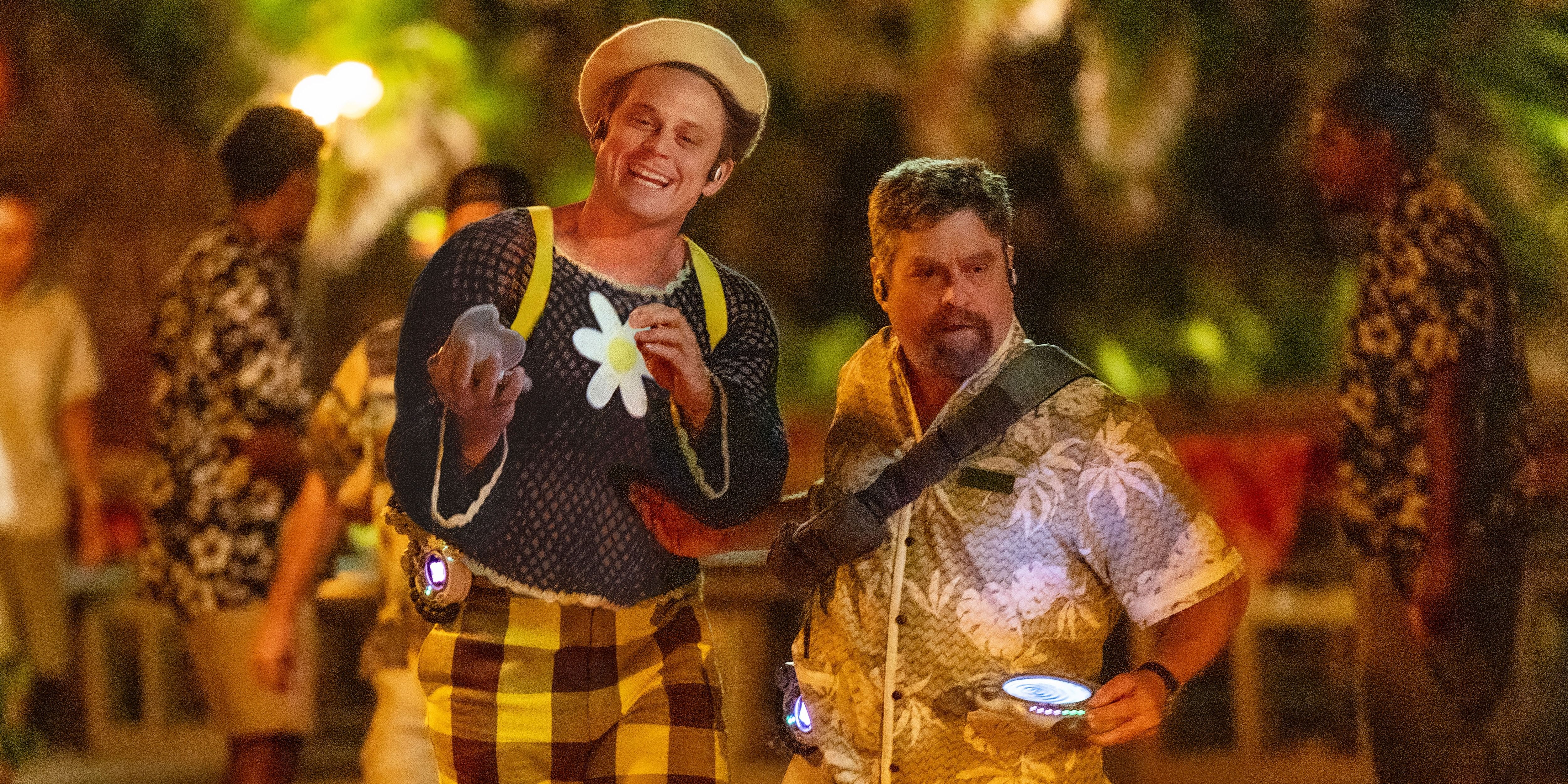
Fans of Disney have been eagerly anticipating the live-action remake of “Lilo & Stitch” (2025) for quite some time now. Despite some initial concerns about upcoming remakes, particularly the disappointing performance of the “Snow White” (2025) remake, there was a strong belief that Stitch would be a hit. Generally speaking, the response to the remake has been overwhelmingly positive. As it stands, “Lilo & Stitch” (2025) boasts a 93% rating on the Popcornmeter and is currently rated as Verified Hot on , which is substantially higher than the original.
In summary, while the remake introduced some bold and contentious alterations, one significant shift from the original was the absence of Captain Gantu as the primary antagonist. This omission was met with disapproval among many fans who loved the character in the original version. Despite missing out on seeing Captain Gantu’s imposing presence, the change to a different main villain turned out to be a more coherent decision for the remake.
Jumba is the Main Antagonist of the Lilo & Stitch Live-action Remake
He Hunts Stitch Down to Reclaim His Rogue Experiment
- In the original animated film, David Ogden Stiers voices Dr. Jumba Jookiba.
- In the live-action remake, Zach Galifianakis voices Jumba and portrays his human disguise. He also noticeably speaks with an American accent instead of a vague Russian accent from the animated film.
In both worlds, Dr. Jumba Jookiba is the rogue scientist responsible for creating Stitch, alias Experiment 626. Created through illicit genetic manipulation, Stitch may appear small and adorable, but he is also indestructible, powerful, and wreaks havoc wherever he goes. His intelligence is off the charts, allowing him to adjust quickly in any situation, making him tricky to catch. While the initial film only explores Stitch’s origin, the number 626 hints at Jumba’s long history of conducting such illegal experiments. An animated series titled “Lilo & Stitch: The Series” (2003-2005) was produced, focusing on Lilo and Stitch tracking down and rescuing Jumba’s other experiments.
In the 2002 movie “Lilo & Stitch,” the Grand Councilwoman sends Jumba and Agent Pleakley to Hawaii (Kauaʻi) undercover, with a mission to secretly capture Stitch. Over time, this pair forms an unexpected team, but they’re unable to catch Stitch. As a result, the Grand Councilwoman dismisses both of them and assigns Captain Gantu to Earth to complete the task. When Jumba learns he’s been let go, he no longer feels the need to hide or protect humans while hunting his experimental subject. Using harsher tactics, Jumba finally captures Stitch, but in the end, Stitch makes Jumba feel remorse for their past actions and persuades him to assist in rescuing Lilo from Gantu’s spaceship.
At the movie’s conclusion, once the Grand Councilwoman has dismissed Gantu and decided to keep Stitch with the Pelekai family, it turns out that Jumba and Pleakley are stuck on Earth too. This is humorously handled, as the Grand Councilwoman refuses to let them back aboard her ship. Essentially stranded, Jumba and Pleakley eventually join forces with Stitch, Nani, and Lilo to save Lilo. In the end, they become an unusual addition to the family, serving as Lilo’s quirky aunts and uncles. They assist in rebuilding Nani’s home, where we all settle down as one big, eccentric family.
Although the conclusion is undeniably heartwarming and endearing, it seems somewhat illogical. Jumba, who openly confesses to being an evil genius scientist, has created Stitch and numerous other unauthorized experiments. Even after joining the Pelekai family, he continues his reckless and hazardous experiments; he simply has fewer resources at his disposal while confined on Earth. Despite developing affection for his newly found kin, Jumba does not abandon his role as a mad scientist. Given his actions, one would expect him to be incarcerated, rather than being allowed to act freely on Earth.
Regarding the character of Jumba, he continues to team up with Agent Pleakley in an attempt to recapture Stitch. However, unlike other instances, Jumba fails to develop a liking for Pleakley and shows little interest in adhering to the commands of the Grand Councilwoman. Instead, his sole focus is on capturing Stitch. Eventually, the Grand Councilwoman recognizes that Jumba is unlikely to succeed in apprehending Stitch, so she instructs Pleakley to escort Jumba back to prison. This mandate causes Jumba to act independently, pursuing Stitch without Pleakley. He becomes reckless with Lilo’s safety and has no concerns about concealing his true identity from any humans he encounters. As a result of Jumba’s commitment to tracking down Stitch and attempting to depart the planet with him, the role of Captain Gantu in the story becomes unnecessary.
When Jumba successfully captures Stitch, he intends to bring him aboard his spaceship with plans to depart Earth along with Stitch, avoiding the Grand Councilwoman and the United Galactic Federation. Moreover, Jumba openly states that he aims to transform Stitch into Experiment 627, a more powerful and obedient version of Stitch. He stresses that once he removes Stitch’s capacity for love, Stitch will become an ideal assistant who helps him confront the United Galactic Federation. In the reimagined version, Jumba never loses sight of his wicked scientist persona. All his actions are geared towards self-preservation and advancing his research, as one would expect from a truly mad scientist.
The Remake Holds Jumba Accountable for His Crimes
He Doesn’t Get a Happy Ending, As He Shouldn’t
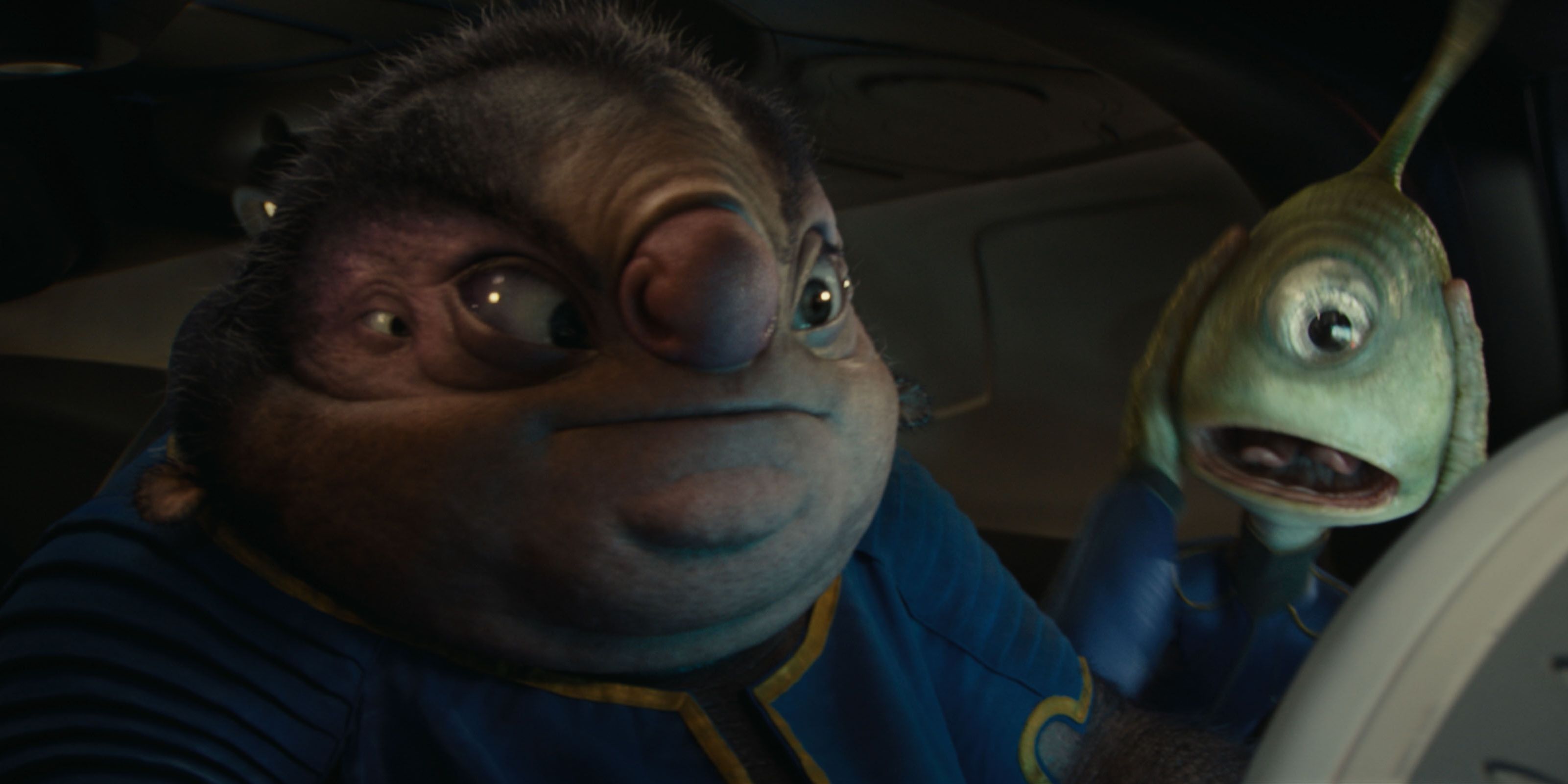
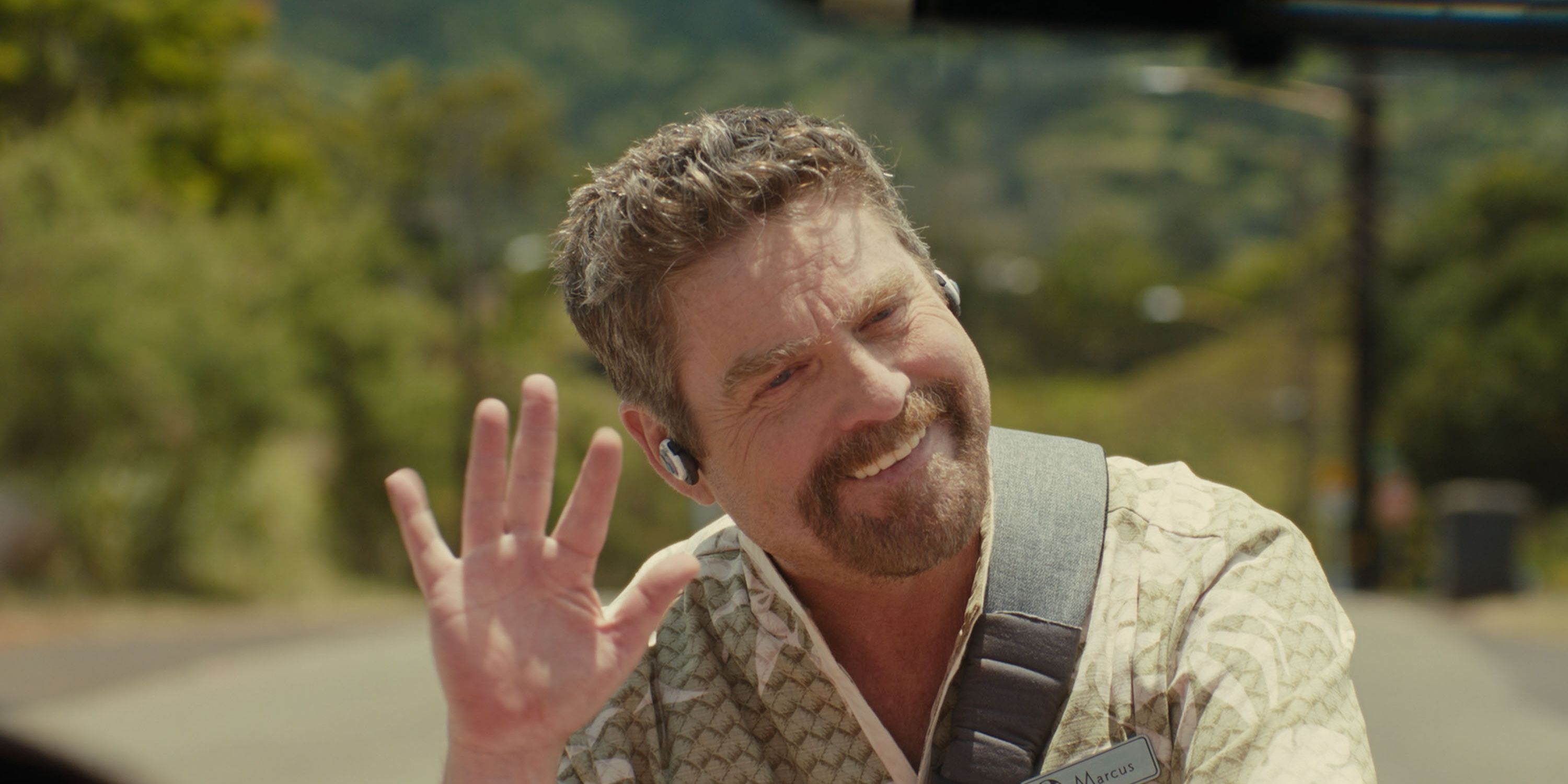
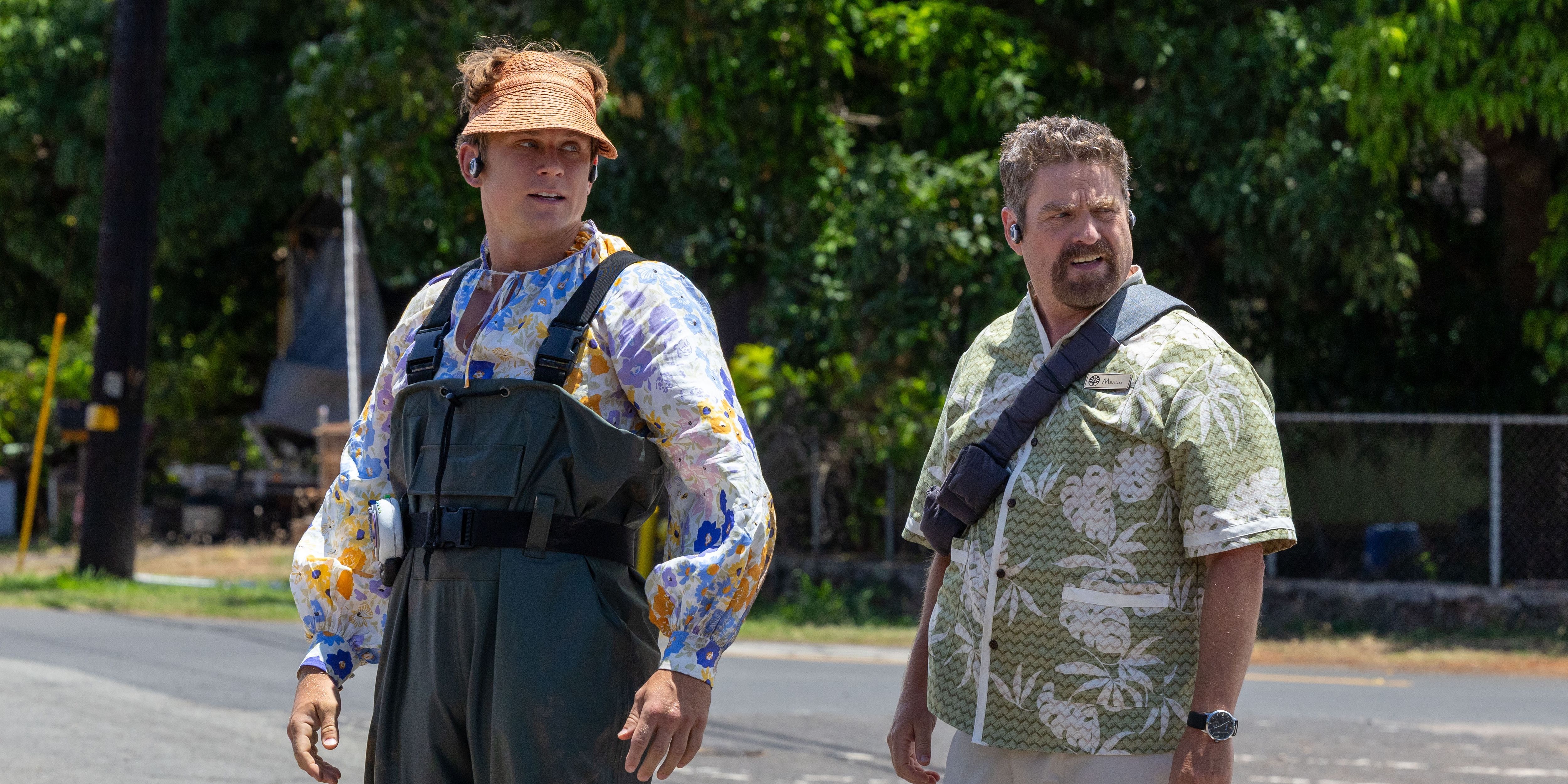
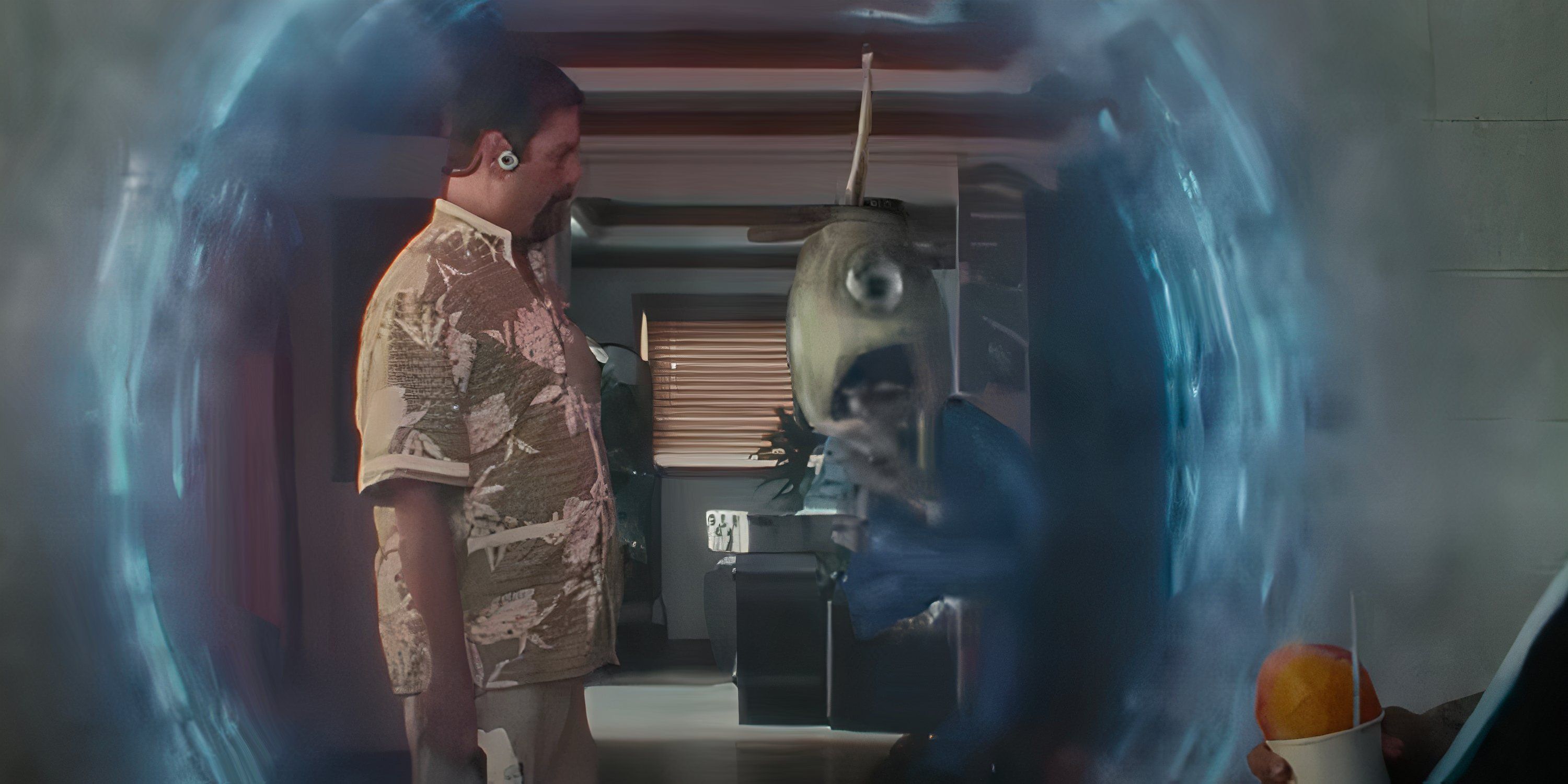
In the remake, many fans missed Captain Gantu, the original film’s main antagonist, who was replaced by Jumba as the villain. However, making Jumba the villain is more logical because it allows for a more coherent storyline without introducing another character to hunt down Stitch. In the animated film, Captain Gantu wasn’t just an outright villain; he was more of a victim of circumstances. He was tasked with a mission that he wasn’t fully prepared for, and as a result, he lost everything. While he was antagonistic towards Lilo and Stitch, his actions were driven by duty rather than malice. Essentially, Captain Gantu was merely carrying out his job.
As a fervent admirer, I must say, Jumba indeed embodies the antagonist’s character. He is an ingenious yet malevolent inventor, whose creations, including the infamous Stitch, are uncontrollable and intentionally designed to bring chaos and devastation. Frankly, it’s a questionable act to create life without considering its consequences, as Stitch’s existence clearly demonstrates.
Jumba’s experiments are not only ethically questionable but also dangerous and harmful, affecting not just the unwilling creatures he brings into being, but also endangering the people who come into contact with his creations. Even the Grand Councilwoman offers Stitch a chance to show his good side before sentencing him, yet it’s Stitch’s inherent negativity that confirms his status as Jumba’s monstrous creation.
Essentially, Jumba is portrayed as a morally questionable character in the films, using his thirst for scientific progress as a justification for his cruel actions. Remarkably, he faces little consequences for his wrongdoings and being exiled on Earth hardly counts as punishment. Despite having a loving family, he continues to pursue his malicious research without much restraint, limited only by the resources at his disposal. Although Jumba softens over time, he never renounces his destructive scientific practices, and no one in authority makes an effort to halt him.
The Grand Councilwoman ought to have detained Jumba and imprisoned him instead of allowing him to stay with the Pelekai family. Leaving him on Earth in such a manner was risky and failed to address the potential peril that decision could have posed for Lilo, Nani, and their lifestyle. It was purely by chance that Jumba developed feelings for them, which prevented him from causing them harm or disrupting their way of life. Although the finale of the 2002 film is humorous and inspiring, it may not translate well when aiming for a more serious reboot. The premise of Jumba staying with the Pelekai family doesn’t hold up when considering who Jumba truly is and all his past actions.
Changing Jumba into the main antagonist for the live-action remake was a debatable move initially, however, it turned out to be an astute decision in the end. Originally, Jumba was portrayed as a comical character without much menace or credibility as a villain. The new version, on the other hand, emphasized his past as a villain and stayed true to that aspect of his character. Most significantly, the story also punished Jumba for his actions, with him being arrested by the Grand Councilwoman at the end of the movie. In a potential sequel, Captain Gantu could possibly make an appearance, but in this remake, switching Gantu with Jumba seems appropriate.
Read More
- Who Is Harley Wallace? The Heartbreaking Truth Behind Bring Her Back’s Dedication
- 50 Ankle Break & Score Sound ID Codes for Basketball Zero
- Lost Sword Tier List & Reroll Guide [RELEASE]
- Basketball Zero Boombox & Music ID Codes – Roblox
- 100 Most-Watched TV Series of 2024-25 Across Streaming, Broadcast and Cable: ‘Squid Game’ Leads This Season’s Rankers
- 50 Goal Sound ID Codes for Blue Lock Rivals
- KPop Demon Hunters: Real Ages Revealed?!
- Come and See
- How to play Delta Force Black Hawk Down campaign solo. Single player Explained
- Summer Games Done Quick 2025: How To Watch SGDQ And Schedule
2025-05-27 20:06